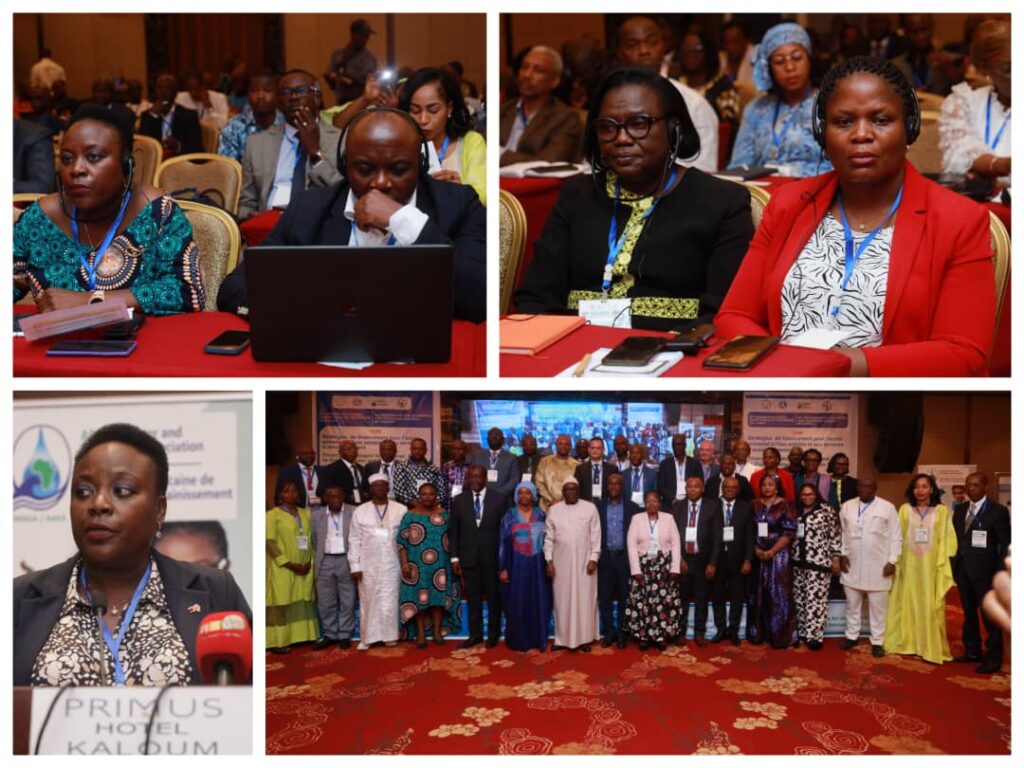
The city of Guinea Conakry recently played host to the 92nd Meeting of the Scientific and Technical Council of the African Water and Sanitation Association (AfWASA). The week-long event, commencing on Monday, November 27, centered around the theme, “Financing Strategies for Universal Access to Drinking Water and Sanitation Services.”
Under the leadership of the Guinean Minister of Water and Energy, the opening ceremony witnessed the presence of eminent figures, including the Advisors to the Guinean President on Water, Energy, and Mining Issues, and the Executive Director of AfWASA, Mr. Usher Sylvan. Delegates from over 20 countries, with a predominant representation from Africa and Europe, gathered to deliberate on innovative approaches to address the pressing challenges in the water and sanitation sector.
Highlighting the stark reality that over 800 million people in Africa still lack safe drinking water and proper sanitation, the meeting emphasized the need for proactive measures. Despite significant strides toward achieving the Sustainable Development Goals (SDGs), a financing gap exceeding 30 billion USD annually poses a formidable hurdle. Complicating matters, this gap persists due to the relentless population growth in the region.
However, a significant discussion unfolded during the meeting, shedding light on the imperative for African utilities to craft innovative financing mechanisms and reduce reliance on donor funds. The participants, organized into six specialist groups, thus; Management, Water Quality, Non-Revenue Water, Citywide Inclusive Sanitation, Finance and Investment, Young Water Professionals, ICT, and Data dived into comprehensive action plans for the AfWASA scientific committee in 2024.
Key focus areas included addressing water quality concerns, managing non-revenue water, implementing citywide inclusive sanitation measures, and fostering financial independence from external donors. The urgency of embracing technology and data-driven solutions emerged as a common thread across various discussions.
Notably, a significant outcome of the meeting was the formulation of action plans that will guide AfWASA’s scientific committee in 2024. These plans aim to foster sustainable solutions and propel the water and sanitation sector toward greater resilience and inclusivity.
As the insightful gathering came to a close, participants expressed a shared commitment to translating deliberations into tangible actions. The road ahead promises not only to bridge the financing gap but also to bring about transformative change in communities across the African continent and beyond.


